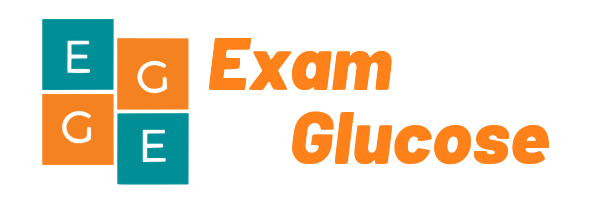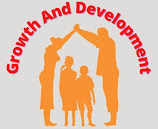DEVELOPEMENT IN ADULTHOOD AND OLD AGE
Physical
Development: As we grow older, there is
one set of changes that we can count on - physical ones. Our physical abilities
peak at around age thirty and decline gradually thereafter. By maintaining a
well balanced diet, exercising regularly, and not smoking, drinking, or using
drugs, we can, in large measure, help our bodies maintain some of their
physical vigour even into old age. Unfortunately, though, prudent diets and
exercising are not panaceas for the physical changes that accompany aging. People
in their later forties, fifties, and sixties often experience decreases in
visual acuity and the ability to perceive depth, hearing, reaction time,
agility, physical mobility, and physical strength. Older people often show very
little functional change in these systems. Most of them learn to make
adjustments for their sensory losses, using additional cues to help them decode
sensory information. For example, people with a hearing loss can learn to
attend more carefully to other people's gestures and lip movements: they can
also profitably use their experience to infer what is said.
With regular exercise and a flexible
attitude, individuals can accommodate their interests and activities to the
inevitable changes in physical abilities brought by aging. There is no reason
why a reasonably healthy person of any age should stop enjoying life because of
physical limitations.
Cognitive Development: Psychologists have studied the effects of education and experience on intellectual abilities and have questioned whether intelligence inevitably declines with age. Most of us can conceive of a future when we can no longer run as fast as we do now or perform well in a strenuous sport, but we do not like to think of being outperformed intellectually by younger people. And, in fact, research indicates that people can get old without losing their intellectual skills.
Cognitive
Development and Normal Aging: The
intelligence can be divided into two broad categories.
(A) Crystallized
Intelligence: Abilities that depend on knowledge and experience, the
"seat of the pants" learning that comes from everyday life.
Vocabulary, the ability to see similarities between objects and situations, and
general information are all aspects of crystallized intelligence.
(B) Fluid
Intelligence: The capacity for abstract reasoning-appears to decline with
age. The ability to solve puzzles, to memorize a series of arbitrary items such
as unrelated words or letters, to classify figures into categories, and to
change problem-solving strategies easily and flexibly are aspects of fluid
intelligence,
The fact that older people excel in
crystallized intelligence and younger people excel in fluid intelligence is
reflected in the kinds of intellectual endeavours for which the two age groups
seem to be best suited. For example, great mathematicians usually make their
most important contributions during their 20's or early 30's


















0 Comments